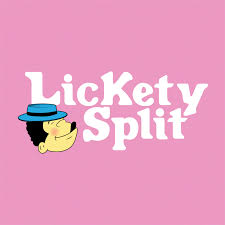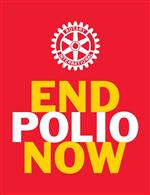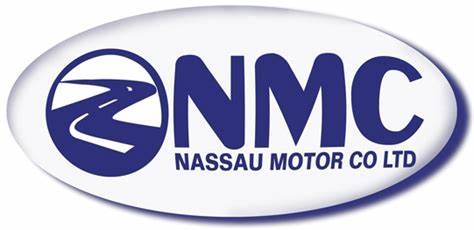Why we need to finish the job
Past district governor recalls experience with polio
By Jennifer Lee Atkin
Rotary International News -- 1 April 2009
To Whittemore, polio is personal.
In 1941, a six-year-old Whittemore was brought to the Roosevelt Warm Springs Institute for Rehabilitation in Georgia in a wheelchair. Named after its most famous patient and benefactor, Franklin Delano Roosevelt, the 32nd president of the United States, the facility was a five-hour drive from Whittemore's home in Athens.
He spent the next seven summers at Warm Springs, undergoing two surgeries each stay.
"Back then, surgery was a big deal, and it was a tough thing to go through," Whittemore recalls. Each operation, he says, consisted of "three days of intense sickness, two weeks in bed, then two more weeks in a wheelchair, followed by two to four weeks of rehab."
Ultimately, the treatment was a success. At 13, he could walk without braces. In high school, he pitched for the varsity baseball team. After college, he started a successful career as an accountant and played tennis. Whittemore joined Rotary in 1962, was elected governor of District 6910 in 1987, and received The Rotary Foundation's Distinguished Service Award in 1992.
Distancing himself from polio
Whittemore, who recently addressed regional Rotary Foundation coordinators at a training meeting in Chicago, said for years he made a point of distancing himself from his struggle with polio.
"I did not want people to look at me as a polio victim," says Whittemore, who walks with a slight limp, an aftereffect of the disease. At 35, he suffered a polio-related back injury that put him back into a leg brace, yet he refused to apply for the handicapped parking permit he was entitled to.
He says the staff at Warm Springs, the site of the Polio Hall of Fame, taught patients not to think of themselves as victims. If they fell during a physical rehabilitation session, they were encouraged to get back up on their own.
"We knew there were folks around that would help if needed. But we also knew they were not going to rush over and pick us up," he says.
Though he never saw Roosevelt in person, Whittemore says he and the other children at Warm Springs were inspired by him.
"If he could be president of the United States, we could overcome polio by getting up from that floor, by one day walking out that front door or, if all else failed, we would wheel ourselves out that door in our own wheelchair."
In 1986, Whittemore and polio crossed paths again.
Another turning point
Whittemore served as governor of District 6910 during Rotary's first fundraising campaign for the new PolioPlus program. Like many Rotarians, he was introduced to the campaign at the 1986 RI Convention in Las Vegas, Nevada.
"I seriously considered resigning as the incoming district governor," Whittemore recalls. "I had spent my entire life separating myself from polio. But as I thought of what PolioPlus would do for the children of the world, I knew I had to be involved and give it my best."
During 1987-88, Whittemore's district raised $525,000 for polio eradication, an incredible accomplishment considering the four-year-old district had never raised more than $30,000. Taking a grassroots approach, Whittemore worked with club presidents to encourage every club member to get involved, and by the end of the year, almost 80 percent of Rotarians in District 6910 were Paul Harris Fellows or Rotary Foundation Sustaining Members.
These efforts set the stage for many years of successful PolioPlus fundraising in the district. Whittemore went on to receive The Rotary Foundation Citation for Meritorious Service in 1990 and the Distinguished Service Award in 1992.
"It has been a personal privilege to be part of Rotary's efforts to eliminate polio from the face of the earth," says Whittemore, a lay leader in the United Methodist Church. "The opportunity we Rotarians have today is to finish the job.
"I'm thinking, let's just get this thing done."
Download the website sponsorship guide









